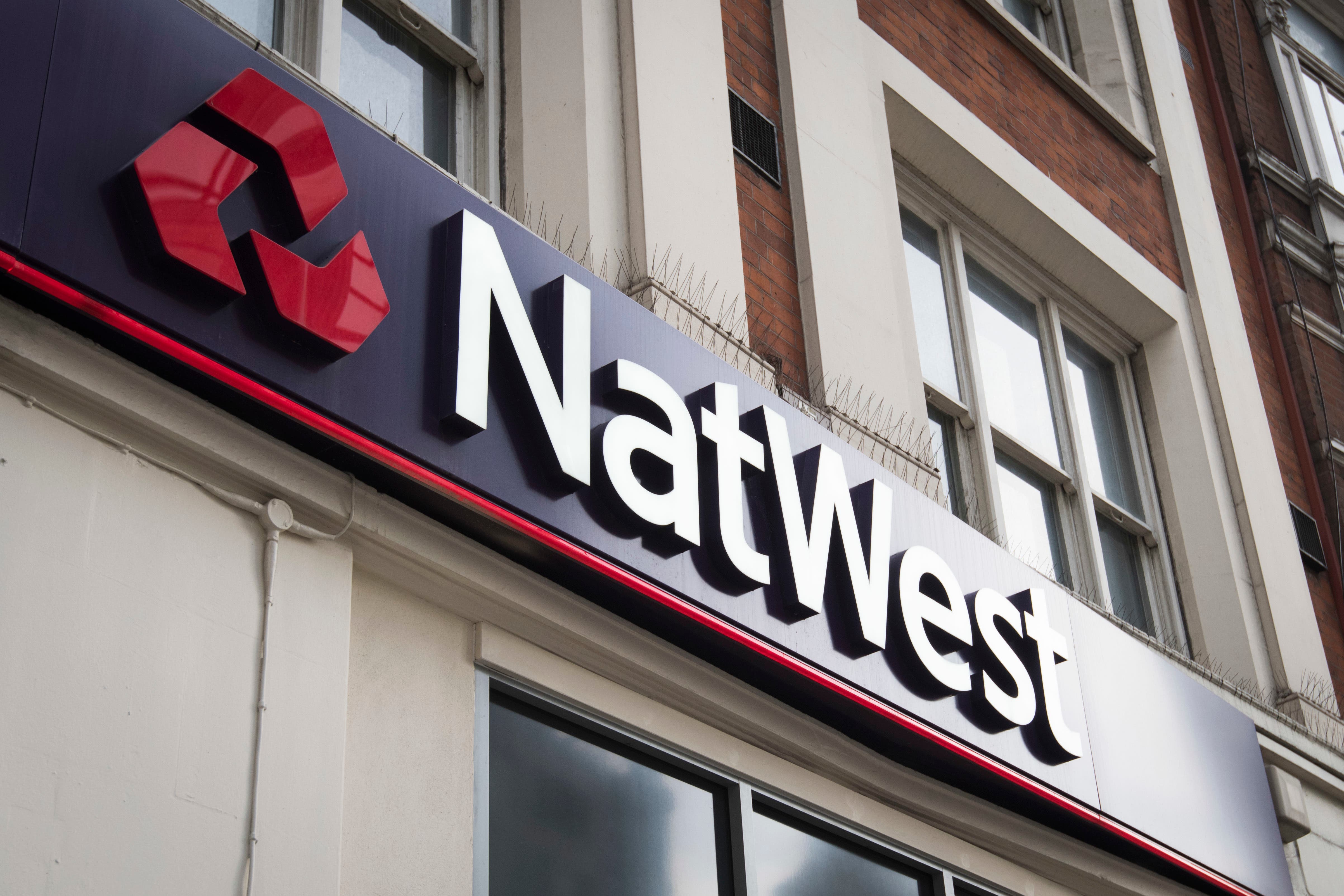The Independent's journalism is supported by our readers. When you purchase through links on our site, we may earn commission.
Move over Santander, HSBC and NatWest – the Bank of Mum and Dad is about to take over our high streets
As the ‘great wealth transfer’ between generations begins in earnest, Ken Costa explains why the different age groups must learn to coexist and help ensure a financially prosperous future

There have been many cries of dismay about the disappearance of bank branches from our high streets. But I suspect they’ve been muscled out by a new player in the market, with branches in every village, town and city across the land, indeed around the world – and customers will already be on first-name terms with the managers.
Commonly known as the Bank of Mum and Dad (BoMaD), this new “institution” is staffed by those typically over the age of 50, and with the “Great Wealth Transfer” that is gathering momentum, its presence will become ever more keenly felt – and could lead to increasing conflicts between the generations.
And those conflicts are not on the distant horizon – we are seeing them being played out today. Wealth is being transferred right now by the BoMaD to help the next generation to acquire assets, deposits for homes and other financial transactions which would be well beyond their means otherwise.
According to Legal & General’s latest annual report, the total number of gifts from the BoMaD in 2023 was £8.1bn. Over the last five years (2018-2023), the UK’s Bank of Mum and Dad has handed out an estimated £98bn. Out of this vast sum, around £35bn went towards property purchases, and £2bn was used to pay off basic household bills. In London alone, 67 per cent of all homeowners received financial help from their parents.
And it’s just the tip of the iceberg. The “Great Wealth Transfer” of assets from boomers to millennials and Gen Z – together what I term “zennials” – is estimated at over $100 trillion (£820bn) globally.
This is going to become a political hot potato, and all politicians across the spectrum are going to have to confront it as voters make their thoughts about it known at the ballot box. Across the UK, there is growing discontent as what was once an expected stage of a person’s life has become unattainable.
For millennials, the average age of homeownership is now almost a decade higher (at 37) than when the boomer generation (at 27) were taking their first steps on the property ladder. Driven by a shortage of homes and climbing rent and property prices, this housing deficit currently shows no signs of slowing unless certain bodies do their part and build.
Understandably, zennials are disillusioned, feeling cheated, even angry about the tough economic conditions they have had thrust upon them through no fault of their own by the previous generations. Zennials distinguish themselves from other generations with their stances on ethical capitalism. They have demonstrated their proclivity for activism and social justice across class boundaries. At all levels, they are making considered, active choices in the corporations they choose to support and contribute to. If not party-politically engaged, they advocate for environmental protection, racial and social justice, gender equality, mental wellbeing and more. For them, the future is a socially energised capitalism.
Wealth transfer on death tends to be the norm but what makes this one unique is that we are witnessing these shifts within our lifetime. Looking to the future, not only will wealth transfer but power will too. Zennials will have financial power as well as the huge advantage of the rapidly changing technology where they are digital natives, the power of influencing through social media – and a clear, purpose-driven agenda to enact.
This younger generation will ultimately head major corporations, securing powerful positions and finally allowing them to make groundbreaking decisions that will upend the UK and world economies and social status quo. Millennials are set to become the “richest generation in history”. And the decisions and actions they are taking are perplexing, even bewildering, to older generations.
If sustainable capitalism is to be secured, it will need to actively engage the hindsight of older generations familiar with economic cycles, inflation and risk, to ensure that the baby of value creation – risk-taking, value generation and reward – is not thrown out with the bathwater of a values-driven generation.
Divisions between zennials and older generations are said to be growing but this does not need to be irreversible or damaging. As the Bank of Mum and Dad has demonstrated, community is integral in navigating and even finding a solution to this crisis. We live in a society that is more interconnected than ever, and we must recognise that further collaboration on all sides, from zennials to boomers, is essential for creating a socially energised capitalism that works for all and truly helps our society and world thrive.
I have mentored many zennial entrepreneurs, and I know that they are great listeners and do want guidance so they can play an active role in future systems. What boomers cannot do is try to exclude them from the very society they will one day lead. We are familiar with co-investing and co-working, but we need co-destiny, whereby we work together so that the current clash of generations can be transformed into cooperation.
Ken Costa is a seasoned investment banker, investor and author. ‘The 100 Trillion Dollar Wealth Transfer: How the Handover from Boomers to Gen Z Will Revolutionize Capitalism’ is out now
Join our commenting forum
Join thought-provoking conversations, follow other Independent readers and see their replies
Comments
Bookmark popover
Removed from bookmarks